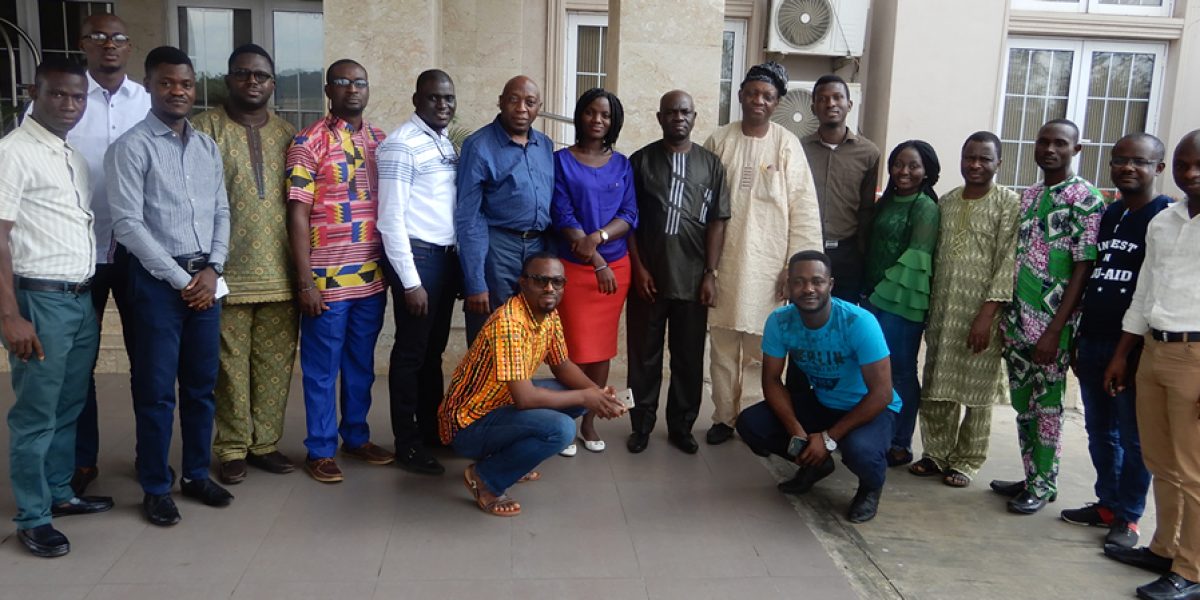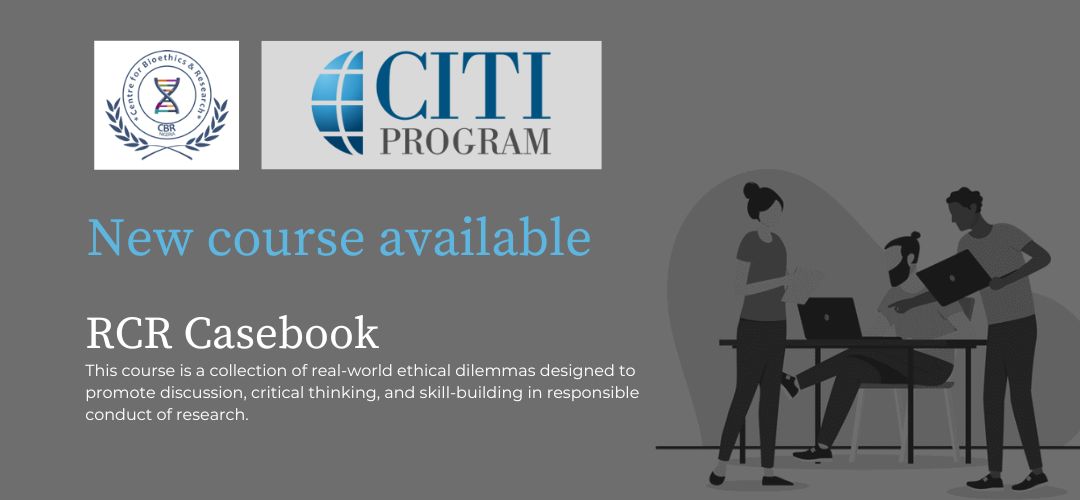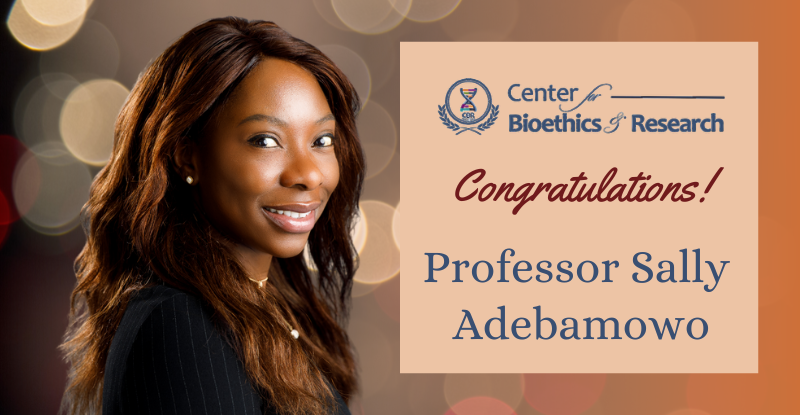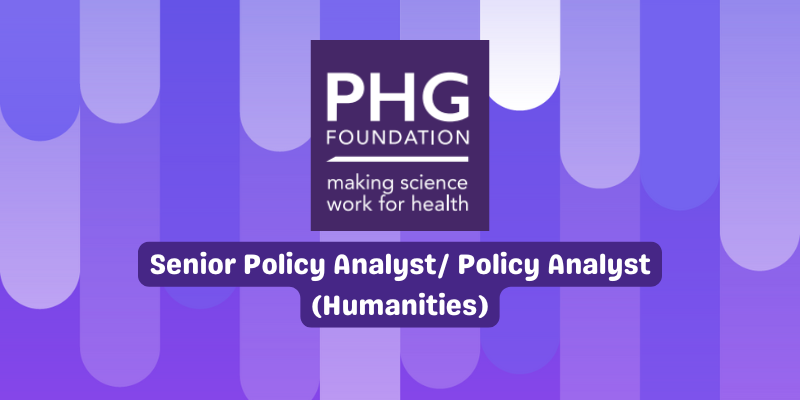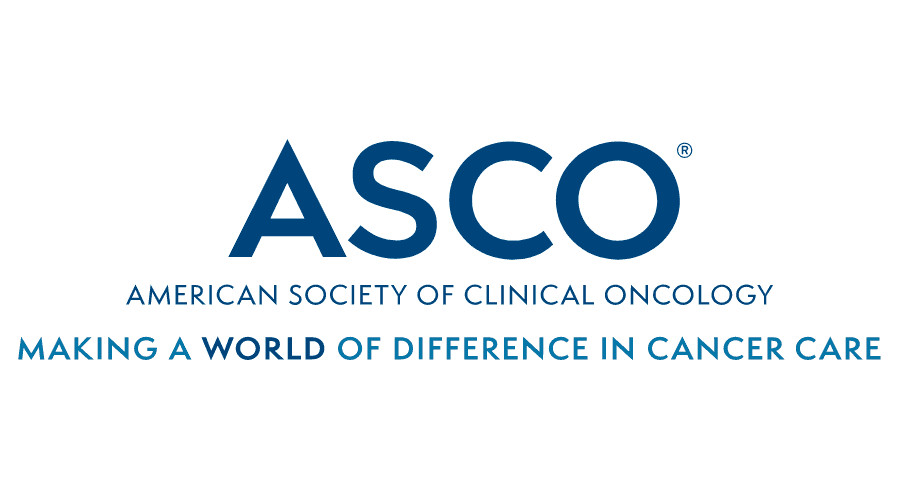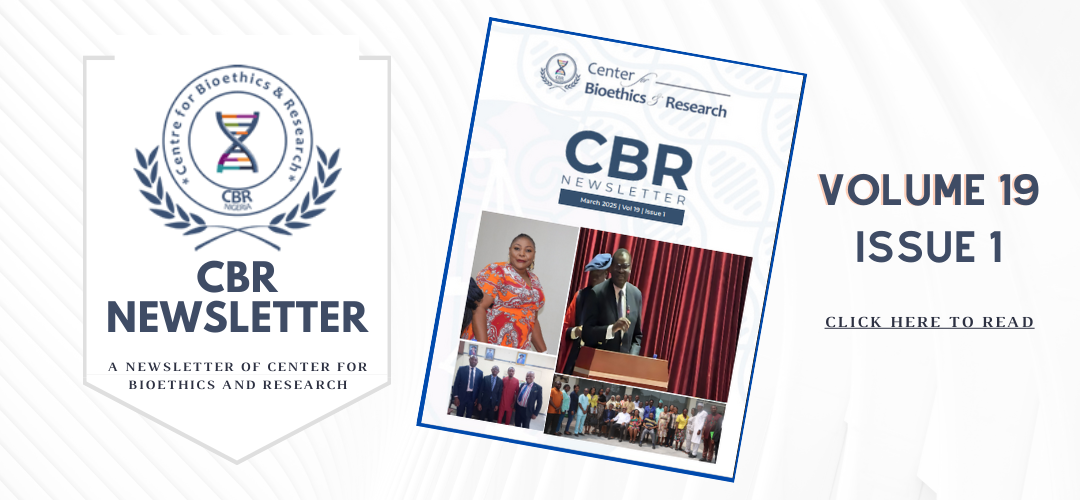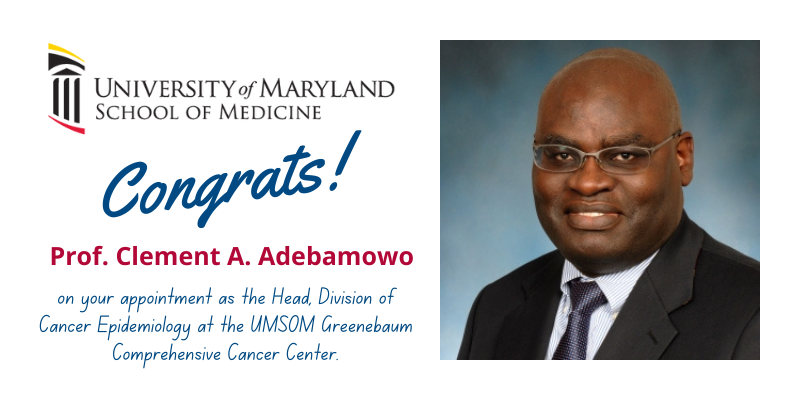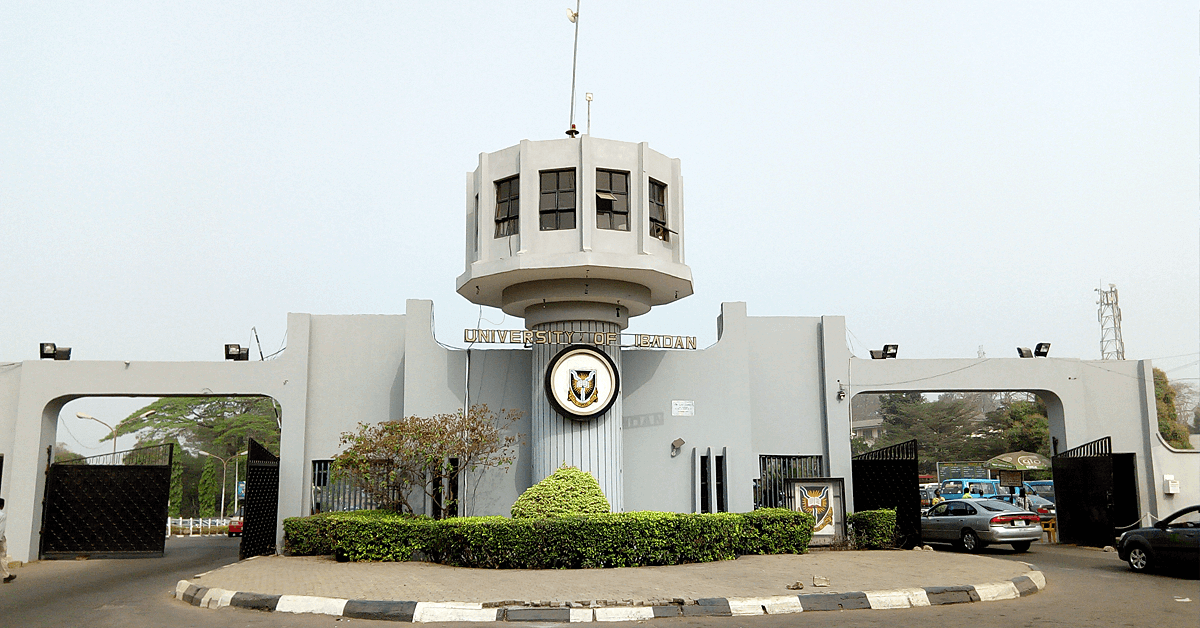Date and Venue
The Weekend Retreat took place from 2-4 November 2018 at the Carlton Gate Xclusive Hotel in Ibadan City. The staff from the Center for Bioethics and Research arrived at the
venue very early on the first day of the retreat in order to meet for fine-tuning of the
coordination of facilitation.
The Weekend Retreat
The Retreat began with an introduction of the facilitators to the participants and a brief welcome address to everyone, by Damola Oyafajo.
Prof. Jegede facilitated the first session of the retreat, he started by welcoming the participants and asking them to introduce themselves, and mention what they did for a living. He then went on to the first item on the order of events for the retreat which was the review of lectures, on Ethical Principles for Review of Research Protocols, according to World Medical Association: Declaration of Helsinki (1964), the design and performance of each experimental procedure involving human subjects should be clearly formulated in an experimental protocol which should be transmitted for consideration, comment and guidance to a specially appointed committee independent of the investigator and the sponsor provided that this independent committee is in conformity with the laws and regulations of the country in which the research experiment is performed. Prof Jegede mentioned that the National Code for Health Research Ethics Committees in Nigeria states that, for decision making process and in order for research to be approved, the decision shall ordinarily be arrived at by discussion and consensus or it shall receive the support of a simple majority of those members present at the meeting.
The session established that the National Health Research Ethics Committee of Nigeria (NHREC) may review research by mandating review by any Health Research Ethics Committee (HREC) in the country to act as a “HREC of record” and review the research on its behalf.
Dr Adejumo mentioned that Research ethics committees are set up to protect potential participants in research and research community, investigators, and also the host institution.
In order to realise these, the committee is structured and equipped to function in such a way to ensure that researchers comply with all it takes to conduct scientifically and ethically valid studies. He explained that activities of the committee should be well organised with adequate documentation of processes and outcome of meetings. Additionally, research proposals received from investigators should be written in such a way that the content and process of the proposed research are clearly highlighted to give the committee adequate information.
The day 2 of the Weekend Retreat began with a continuation of review of lectures on Composition of ethics committee, Roles of different categories of ethics committee members and administration, and Methods of ethics committee review of protocol.
There was a guest lecture titled “Feminist Philosophy. #Me Too, Indigenous African Women and Autonomy” that was delivered by Prof. Bolatito Lanre – Abass.
Prof. Abass spoke about women’s autonomy in Africa during which she highlighted the traits of an autonomous person as ability to understand, reason, deliberate/self-reflect and making an independent choice.
She also talked about what autonomy to an indigenous female should be about, such as economy, health care, number of children to have, freedom of physical movement etc. Prof. Abass mentioned the relative autonomy of indigenous female, and she made a demarcation of the extremes of the westerner female autonomy and what can or should operate in African settings. She also mentioned factors affecting autonomy of indigenous African women such as economic power, illiteracy and cultural factors. She explained the logical consequences of lack of autonomy such as emotional, discrimination in education/employment, stereotyping, physical and sexual violence, isolation of the subject, complete distortion of people’s understanding of autonomy, interpersonal relationship problems and conflict.
Prof. Abass concluded her lecture by outlining solutions to female autonomy, solutions such as providing education and employment, reducing overdependence, family planning, enhanced access to resources/ownership and control of property.
After the lunch break and guest lecture, Dr Adejumo presented cases on research by the World Health Organisation (WHO) and asked the participants to divide themselves into three groups for the mock IRB session, with each group deliberating on the case assigned to them and identifying ethical issues, discussions were held on whether the cases were ethically compliant or not. The groups then presented the result of their discussions, and the rest of the participants contributed their comments on each of the presentations. Following the presentations and debrief, a group photograph was taken with the guest presenter and the retreat was closed for the day.
The focus on day 3 of the retreat was short summaries of what had gone on in the first two days of the training-workshop, as well as the recommendations and next steps identified. There was a review of lectures on Ethical review processes, Voluntariness, Privacy and confidentiality. After the review of lectures the participants were informed about advanced bioethics training and job prospects for Bioethicists locally and internationally. The retreat was closed by Prof. Jegede and Dr Adejumo at 2 p .m on the 4th of November, 2018.
PARTICIPANTS
The Weekend Retreat was attended by 14 participants from different cities in Nigeria. The list of participants and their primary assignment is as follows:
| S/N | NAME | GENDER | DESIGNATION | PRIMARY ASSIGNMENT |
| 1 | OREMOSU AYODELE ADEMOLA | Male | ASSOCIATE PROFESSOR
|
Lecturer/Postgraduate School, University of Lagos. |
| 2 | OGUNDOKUN OLUSEGUN | Male | Clinical Research Associate QA central Africa | Implement and monitors clinical trials of drug development |
| 3 | FALAYI EMMANUEL OLUWASEUN | Male | Program Coordinator (UI- MEPI-J) | Programme Coordinator, Medical Education Partnership Initiative Nigeria (MEPIN) |
| 4 | AKINDELE TUNDE ABIODUN | Male | Principal Assistant Registrar & Secretary to the Institute. | Provide leadership and organization management in my Institute to manage research committee/projects. |
| 5 | OLOYO AHMED KOLADE | Male | Senior Lecturer | Teaching and supervising undergraduate and postgraduate students |
| 6 | OFIABODHE OMOGHENE RICHARD | Male | Senior Registrar Dental Public Health | Community based research, clinical management of patients |
| 7 | ATI AWASHIMA PATIENCE | Female | Peri Operative Nurse | Pre, intra and post-operative care of patients. |
| 8 | AKANNI OLATUNJI OLUKUNMI | Male | Lecturer (Lead City University Ibadan) | Lecturing and researching |
| 9 | AMAKOH CHIDI CHARLES | Male | Veterinary Doctor | Veterinary Doctor |
| 10 | KEHINDE HELEN OLUDOLAPO | Female | Physiologist | Health and Safety Supervisor. |
| 11 | IMODOYE SIKIRU OPEYEMI | Male | Medical Laboratory Scientist | Quality Control Officer: Involved in daily internal control of reagents and equipment |
| 12 | AMAMIZE KELVIN IFECHUKWUDE | Male | Research Administrator/Compliance Officer | Research Management Office including all pre-and post-award responsibilities.
Compliance officer Assisting in the administrative duties of the CMUL Health Research Ethics Committee. Administrative review of proposals. |
| 13 | DUDUYEMI OLANIYI OLUBANWO | Male | Medical Laboratory Scientist | Analysis of clinical samples in a tertiary hospital |
| 14 | ADELEYE ADEOLU MOSES | Male | Medical Laboratory Scientist | Medical Scientist in-charge of HIV/AIDS patients Clinic. |

